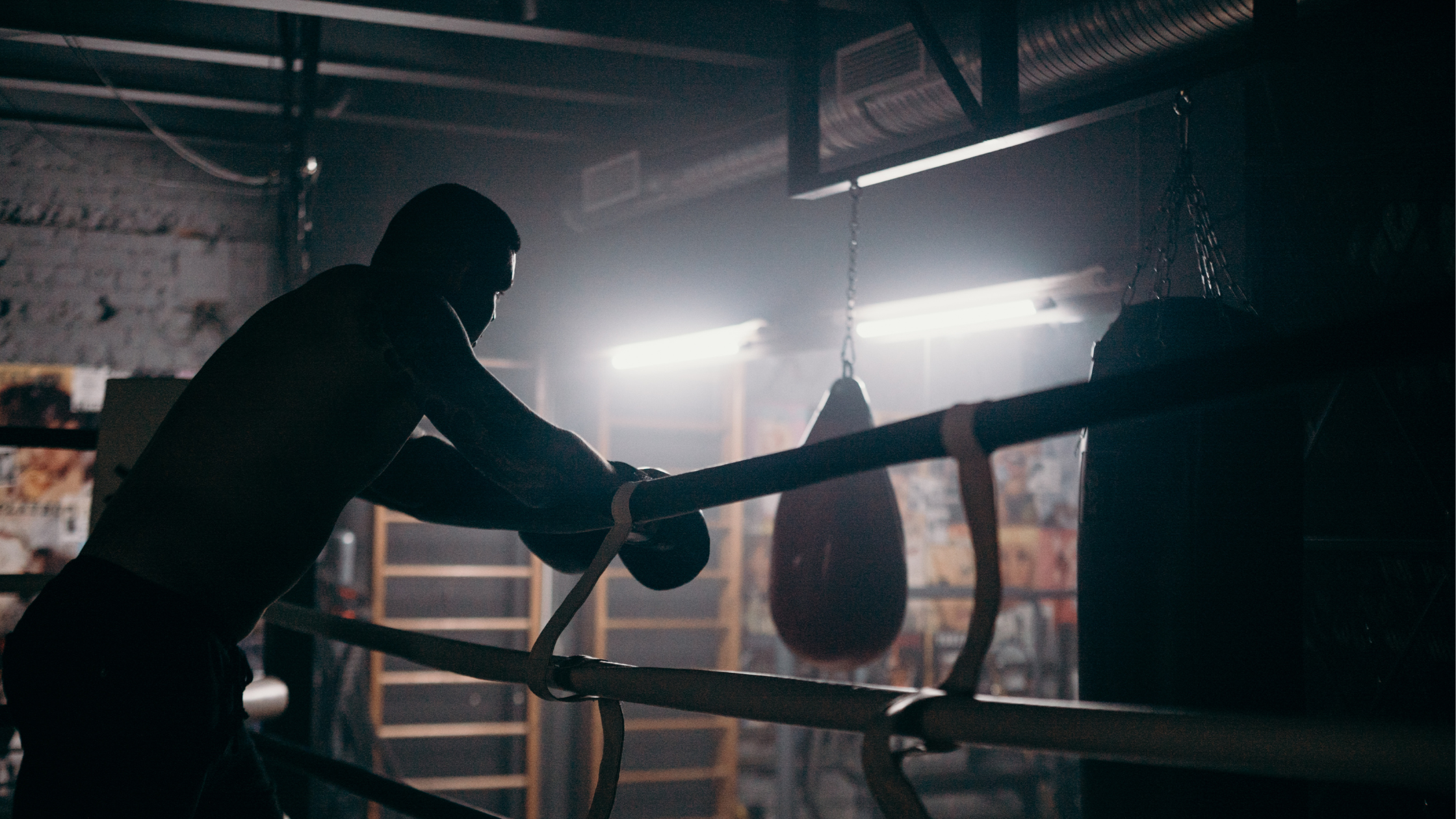I had a chat this weekend with a friend who likened his current experiences growing a tech start-up to being in a boxing ring. As he put it (I paraphrase slightly here) “I feel like I’m getting the s*%t beaten out of me. Every day a punch lands and I end on my knees, or worse, on my back. By the end of the day, I manage to scramble up to my feet, only to come in the next morning and find another punch has been thrown.”
I’m sure many start-up founders out there can relate to this analogy. The start-up journey is not for the faint of heart. It’s a rollercoaster of physical, mental and emotional anguish at times. There are periods of what seems like a constant battle to stay on your feet whilst on a never-ending quest to innovate and adapt. But, as Richard Branson wisely said,
“You don’t learn to walk by following rules. You learn by doing and by falling over.”
Even the most successful entrepreneurs have been there, done that, and got the t-shirt when it comes to being beaten.
James Altucher, a legendary entrepreneur, knows a thing or two about failure. Before becoming a successful hedge fund manager, venture capitalist, and bestselling author, he lost everything. He founded 20 companies, but 17 of them failed, leaving him with less than $200 in his bank account. He struggled with depression, anxiety, and suicidal thoughts. Yet, he didn’t give up. Through determination, he bounced back, learning valuable lessons about himself and how to overcome disaster. As he says,
“I came out of those ashes a much better person… I learned how to come back from disaster.”
The list of famous entrepreneurs who are are deemed ‘a success’ in our eyes have been through their fair share of rounds in the ring. You need no reminder that Steve Jobs was fired from his own company before making a triumphant return. Oprah Winfrey was fired from her first job as a TV anchor and later struggled to get the OWN Network (Oprah Winfrey Network) its place in a highly competitive market. Her network faced a lot of hard times with programming and ratings early on, meaning there was a lot of financial loss and scrutiny from media and investors. It took several years for OWN to gain traction and become profitable.
Reid Hoffman, the co-founder of LinkedIn, has spoken about the importance of learning from failure after his first social networking venture “SocialNet” didn’t quite go as planned, but did lead to the enormous success of Linkedin.
“If you’re not embarrassed by v.1, you released it too late.”
So, what can we learn about getting back up on our feet after being knocked down? Here are a few round-winners from our heavy-weight champions of the world:-
- Defend your corner. Trust your instincts and stay true to your vision.
- Throw a counterpunch. Learn from your mistakes, see them as lessons to work on your weaknesses and acknowledge your strengths. Use them as an opportunity for growth.
- Get back on your feet. It’s not about being perfect, it’s about being persistent.
- It takes a village. You can’t do it alone. Surround yourself with a supportive team that shares your vision and will help you get back up after each knockdown. Those who are in the ring with you are more important than those in the stands.
- Keep on training for mind, body and soul. Take care of your physical, emotional and mental health. Put aside time to prioritise you.
- Learn from your competition. Watch your competitors and learn how they move to stay one step ahead. Understand your positioning and the value you offer. Stay adaptable and be prepared to pivot when necessary.
The startup journey is a boxing match like no other. It’s a gruelling, relentless, and often brutal fight to stay ahead of the game. But, as our heavyweight champions of entrepreneurship have shown us, it’s not about winning every round – it’s about getting back up after being knocked down. It’s about learning from your mistakes, trusting your instincts, and surrounding yourself with a supportive team. It’s about being persistent, adaptable, and willing to pivot when necessary. And, most importantly, it’s about getting back up on your feet, dusting yourself off, and coming out swinging for the next round. So, what’s your next move?

